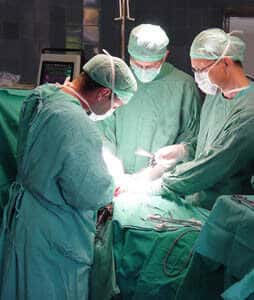
Q. What can you tell me about the after-effects of surgical anesthesia?
I am a healthy 72-year-old man, still very active. Five days ago I had TURP prostate surgery.
Now I’m plodding through a two-week recovery period of inactivity at home. I had planned to use the time to complete a writing project, read some books and sort through family photos. But I can’t concentrate. My attention span is zero.
Instead, I sit in a chair and stare into space. I worry that the surgery has made matters worse instead of better and that I’ll never get my life back. I feel disconnected from the people around me. To top it off, I have insomnia. Once I do get to sleep, I have the sort of frustrating dreams that accompany a fever.
I’ve never suffered from depression; my wife blames my problems on the residual effects of anesthesia.
A. Your wife might be right. Although your problem, “post-operative cognitive decline,” may affect up to 50 percent of older patients, doctors haven’t been able to tell whether the anesthesia, the surgery or some other factor is responsible (British Journal of Anaesthesia, online Sept. 8, 2014).
The recovery time is quite variable, but most people who experience this problem seem to be doing better after three months (Indian Journal of Anaesthesia, May-Jun, 2014). We hope that within a few months you will be back to your old self.

